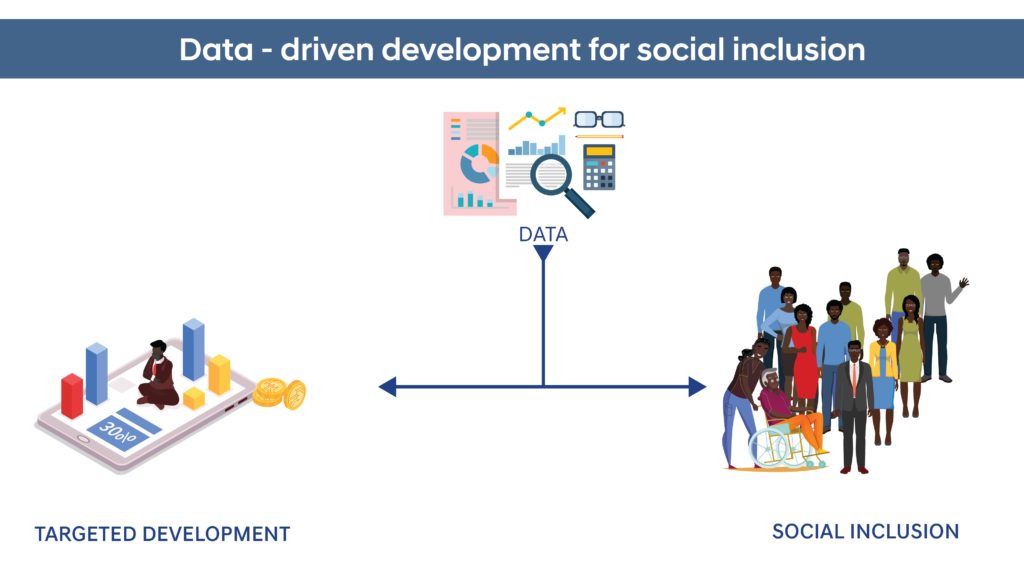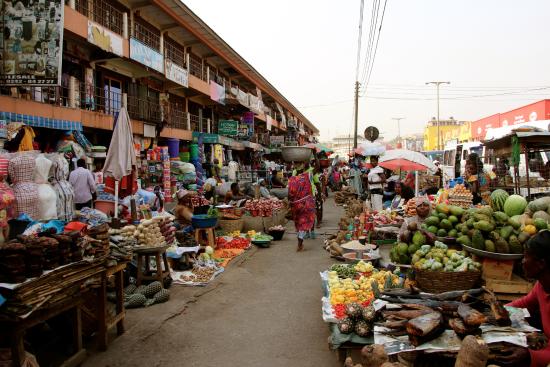At 11:15pm on Friday, March 27, 2020, Ghana’s President, Nana Akufo-Addo in his address to the nation announced some “bold” measures to mitigate the local impact of the COVID-19 pandemic. They included, a partial lockdown of Accra and Tema in the Greater Accra Region, Kasoa in the Central Region and Kumasi in the Ashanti Region; a Coronavirus Alleviation Programme which will see the release of a minimum of GH¢1 billion to households and businesses to address the disruption in economic activities; an extension of the tax filing date from April to June; a two percent reduction of interest rates by banks, effective April 1, 2020; the establishment of a COVID-19 Fund which will receive contributions and donations from the public to assist in the welfare of the needy and the vulnerable; among others. Subsequently, Ghana’s Finance Minister, Ken Ofori-Atta in an address to Parliament on Monday, March 30, 2020 said the COVID-19 pandemic is set to cost the nation GH¢9.505 billion.
Like Ghana, countries around the world, whether they have recorded cases of COVID-19 infections or not, will experience significant negative socio-economic impacts on the lives of their people. As such, various stimulus packages have been announced by some heads of states to support their economies, lower income earners, the aged, the sick and the homeless. Mauritius has increased its general public health spending by Rs 208 million with half already disbursed; financing will also be made available to SMEs. The Mauritian government will also introduce a Wage Support Scheme to limit the socio-economic impact of COVID-19 by providing financial support to employees who would become unemployed on a temporary basis, among others. Nigeria is looking at a $2.7 billion package to support its manufacturing and other key sectors of the economy to counter the fallout of the coronavirus outbreak, while Kenya offers tax cuts to cushion every citizen from the shocks arising from coronavirus. Canada’s COVID-19 Economic Response Plan will, among other things, “help ensure that workers have the money they need while they are sick or in isolation, or due to loss of work or a significant reduction in work income, and help support people and businesses experiencing financial hardship because of the outbreak.” The United States’ $2 trillion package will also be “sending $1,200 checks to many Americans, creating a $367 billion loan program for small businesses and setting up a $500 billion fund for industries, cities and states.” Impressive, isn’t it?

I must admit, the United States and Canada are big economies that have the financial power to immediately roll out these packages. For Canada and the United States, their stimulus packages have a further breakdown of who gets what. According to the Guardian, the United States’ stimulus package “is for individuals to get up to $1,200 and married couples to get up to $2,400, plus an additional $500 for each child. The size of a check would diminish gradually for those whose income is above $75,000, while individuals earning more than $99,000 and couples earning more than $198,000 will not be getting any checks. The checks will be based on a household or individual’s 2018 tax return unless they filed their 2019 tax return, in which case it will be based of their 2019 return.” Wondering how this detailed breakdown was determined? It was all made possible through the use of data. Without data, these targeted social inclusion measures would not have been possible.
Yes, the government of Ghana is also working on releasing a minimum of GH¢1 billion to households and businesses but who gets what? How will this determination be done? Will it trickle down to the 2.4 million people living in extreme poverty in Ghana, the head potter on the streets and other marginalized groups? Do we have a database on citizens with detailed breakdowns determining who is who and who does what? Data they say is king. Without it, sustainable development cannot be achieved; meaningful decision-making, efficient resource allocation and improved service delivery will not be possible either.
For example, the 7th Round of the Ghana Living Standards Survey (GLSS) conducted in 2016/17 by the Ghana Statistical Service (GSS) found that the number of people living in extreme poverty increased from 2.2 million in 2013 to 2.4 million in 2017. According to the report, economic growth between 2012/13 and 2016/17 has not been pro-poor. Also, according to Afrobarometer’s findings on Lived Poverty Index (LPI) – an experiential measure of how often people go without five basic necessities of life (enough to eat, enough clean water, medicines or medical care, enough cooking fuel, and a cash income) – across 34 countries surveyed in 2016/2018, more than half (53%) of all respondents report facing shortages of medicine or medical services at least once in the previous 12 months, and nearly as many experienced shortages of clean water (49%) and food (47%). Nearly four in 10 experienced shortages of cooking fuel (38%). In Ghana, the most common form of deprivation of basic necessities experienced by Ghanaians is the lack of a cash income. Almost three-fourths (72%) of respondents say they went without a cash income at least once during the year preceding the survey, including 28% who did so “many times” or “always”. One-third (32%) say they went without needed medical care at least once, while about one in four didn’t have enough food (26%) and clean water (22%). How are we going to find these persons and ensure that help reaches those who need it the most?
Data enables us to determine who is left out, from what, in what ways, and why. Understanding these would then lead to an inclusive society. But do we have enough data to mitigate the impact of COVID-19 on citizens? If we do, are we making utmost use of it in our decision-making processes during this period of a global pandemic?
Following the President’s lockdown announcement on 27th March, we began to see some of the challenges emerging. Head potters, popularly known as ‘Kayayei,’ who troop down south from the northern part of the country in search of greener pastures but are forced to live and work under harsh conditions to make ends meet were rushing back to their hometowns to escape the partial lockdown and the hardship it would impose on them. Their journey for survival exposes the gross lack of inclusion we have in our society and the fact that they were obviously not taken into consideration when the partial lockdown was being planned. What if there had been a total and immediate lockdown of the whole country? How would they have survived?
After wide media coverage of the mass exodus of head potters and the plight of those who remained in the capital city, as well as the homeless and other vulnerable groups, some interventions have been made to support them. Some groups and private individuals have also pitched in to ease their burden. In his recent address to the nation on April 5, 2020, the President again announced extra relief packages for the vulnerable and the general citizenry – provision of food for 400,000 individuals and homes in Accra, Tema, Kumasi and Kasoa; stable supply of water and electricity throughout the period, government’s absorption of water bills for all Ghanaians for the next three months; supply of water to all vulnerable communities; soft loan scheme totalling GH¢600 million with a one-year moratorium and two-year repayment period for micro, small and medium scale businesses; insurance package for each health personnel and allied professional at the forefront of the fight against the virus; a daily allowance of GH¢150 being paid to contact tracers; no payment of taxes for all health workers on their emoluments for the next three months; payment of an additional allowance of 50% of their basic salary per month for all frontline health workers and free bus rides for health workers in Accra, Tema, Kumasi and Kasoa to and from work, along specific routes, for the entire duration of the restrictions.
These are great additions which have been applauded by many and indeed, will go a long way to ease the burdens COVID-19 and its associated restrictions and challenges have imposed on us. It is my sincere hope that these words will translate into action and truly benefit those for whom they are intended.
Although we are very much aware of the lack of inclusivity in Africa’s development, the COVID-19 pandemic has uncovered the many lapses we have in our systems and this points to the urgent need for us to truly and holistically pursue an inclusive developmental agenda and take stringent measures to close the gaps and loopholes in the system which makes this impossible. Social inclusion really matters and this is the time for African nations to revise the way they gather and use data for targeted development. There are many possible pathways to inclusion and here are two main suggestions; we must build much stronger data systems and most importantly, we must integrate data in our developmental agenda to prevent reactionary solutions to problems.
By: Efua Idan Atadja (Communications Specialist, CDD-Ghana)





